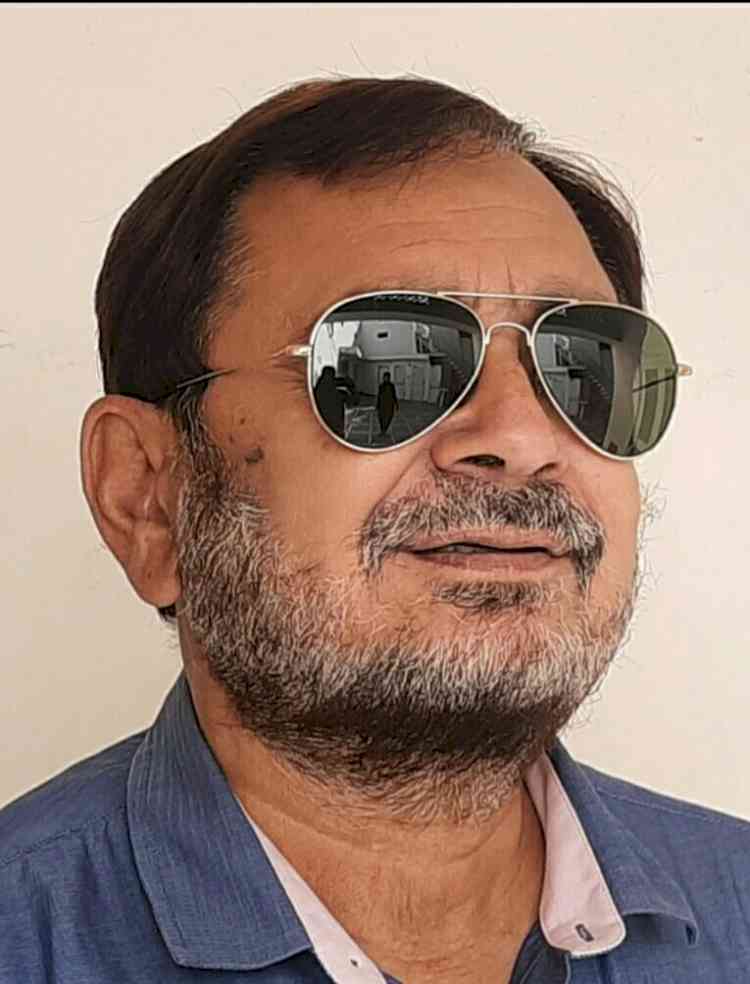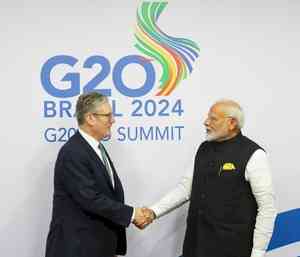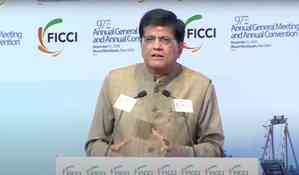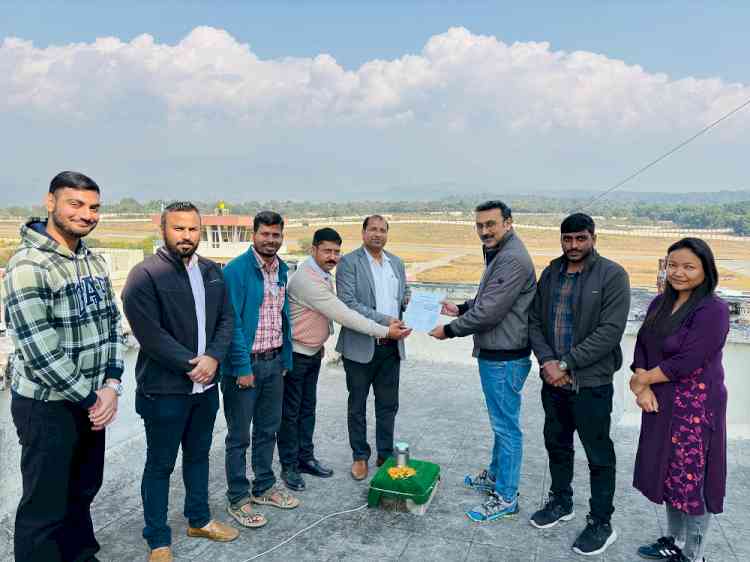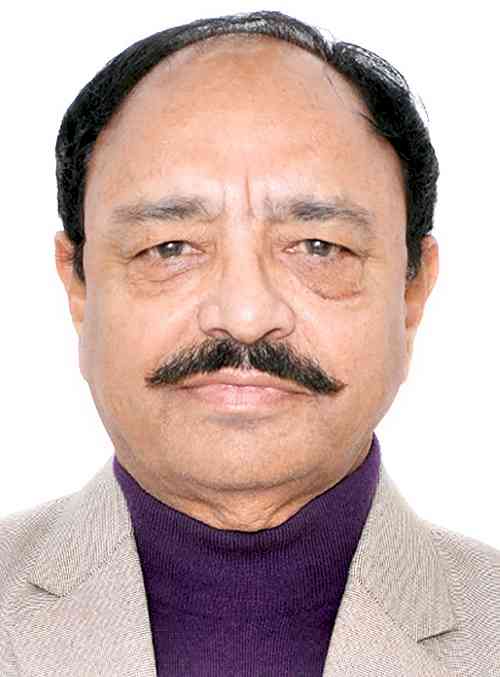Imran Khan's efforts to subdue PoJK will be futile (Opinion)
On September 29, Imran Khan arrives in Muzaffarabad to address a public rally in the capital of Pakistan occupied Jammu Kashmir (PoJK).

AMJAD AYUB MIRZA
On September 29, Imran Khan arrives in Muzaffarabad to address a public rally in the capital of Pakistan occupied Jammu Kashmir (PoJK).
He will once again use Islamic religious rhetoric to subdue a rebellious, oppressed population which has over the past months demonstrated its resilience beyond a doubt.
In order for the Pakistan military establishment to maintain its conquest of the land and people of PoJK and Pakistan occupied Gilgit-Baltistan (PoGB), it is fundamental that complete synchronisation of cultural (read Islamic) ideology of the oppressor be established on its subjects.
Only religious indoctrination of the whole population could have paved the way for 75 years of oppression in PoJK and PoGB. If consciousness of the masses were not in general agreement with the narrative of the military establishment, the subjugation would not have lasted for such a long period of time.
The ruling ideas of the Pakistan military establishment still play a big role in the moulding of the general consciousness of the people of PoJK/GB.
Human consciousness is a social product and individual consciousness is determined by the persons' position in society. Today the people of PoJK/GB realise that their social position is, in actuality, that of second class citizens who have no political or economic rights.
The homogeneous social consciousness between the oppressor and the oppressed is glued between them through a religious (Islamic) narrative and has been used to make our people accept the plunder of our natural resources and denial of our basic human rights.
With the growth of social media and internet, the homogeneous social consciousness is now being challenged. WhatsApp and Facebook have provided access to information in a way that 20 years ago could not have been imagined.
From Muzaffarabad to Neelum and Mirpur and from Gilgit to Skardu, the people of PoJK/GB are challenging the nature of the social relation between Pakistan and PoJK/GB as never before.
However, the dominant world outlook in the occupied territories is still derived from the religion of Islam. Nevertheless, slogans such as 'Allah hu Akbar' and 'Pakistan ka matlab kiya: Lailaha illal la' are gradually being replaced by slogans such as 'Ye jo dehshat gardi hay is kay peechay wardi hai' and 'Hum keya mangey: Azadi', but the predominant cultural connection of Islam with the Pakistan establishment's narrative has not yet ended.
Political justification for the ongoing occupation is submitted to the interests of Islam. Land grab in both PoJK and PoGB is executed by the Pakistan military in the name of defence (read Islam) against a 'Hindu' India.
But things are changing. The forceful imposition of fuel charges (taxes) on electricity bills, cuts in subsidies of essential goods, political manipulation guided by the Pakistan military establishment in both PoJK and PoGB to form pro-Pakistan governments and the brutal suppression of peaceful protesters in recent months have contributed to a change in the world outlook of the oppressed.
The blatant acts of colonial plunder of our natural resources such as precious stones, forest wood and diversion of rivers to build hydropower plants for electricity supply to the Punjab, have left a deep impact on the consciousness of the people of PoJK/GB.
From this the world outlook of the oppressed has for the first time shown signs of a break from the world outlook of the oppressor.
However, only by way of perpetual accumulation of the understanding of the nature of colonial oppression over a certain period of time can lead the consciousness of the people of PoJK/GB to a stage when the complete break away from the cultural (Islamic) world outlook takes place. And believe me, that stage is approaching fast.
With reports coming out of Jammu and Kashmir regarding economic and infrastructure development, suppression of terrorism, foreign investment, panchayat and DDC elections and an unmatchable surge in tourism, the oppressed people of PoJK/GB can feel the difference between living as an oppressed nation and a people living as part of a voluntary union of the republic of India.
For the first time the link, the connection, and the bondage of Islam that was used as cultural tool to hold together the oppressed people of PoJK/GB and Pakistan has been shattered beyond repair. Imran Khan's visit to the capital of PoJK is going to be another futile exercise to mend it.
(Dr Amjad Ayub Mirza is an author and a human rights activist from Mirpur in PoJK. He currently lives in exile in the UK. The views expressed are personal)


 IANS
IANS 
